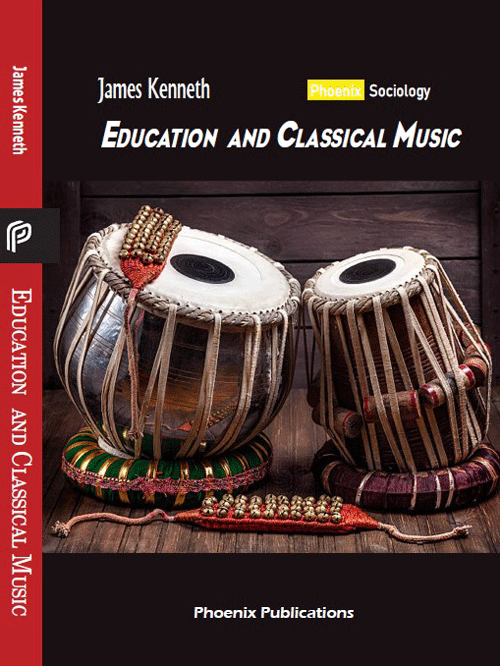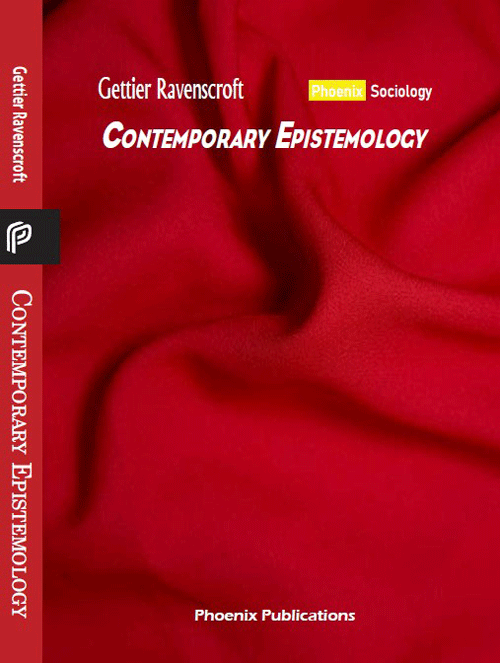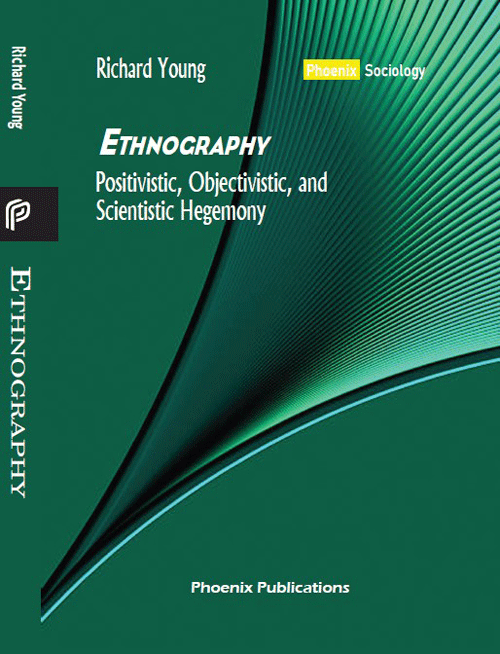Education and classical music share a powerful and mutually beneficial relationship. Classical music offers unique opportunities for educational enrichment, cognitive development, and emotional growth. In the realm of education, classical music provides a platform for fostering creativity, discipline, and critical thinking skills. Learning to play an instrument or engaging in ensemble performances cultivates patience, perseverance, and the ability to work collaboratively. Additionally, studying classical compositions exposes students to diverse cultural traditions, historical contexts, and musical forms, expanding their horizons and promoting cross-cultural understanding.
Classical music also contributes to cognitive development. Numerous studies have demonstrated the positive effects of classical music on brain development, memory, and concentration. Exposure to classical compositions can enhance spatial-temporal skills, mathematical abilities, and language acquisition. Classical music offers a means of emotional expression and introspection. It can evoke a range of emotions and stimulate reaction, promoting empathy, emotional intelligence, and self-awareness. The beauty and complexity of classical compositions inspire a sense of awe and appreciation for artistic excellence.



